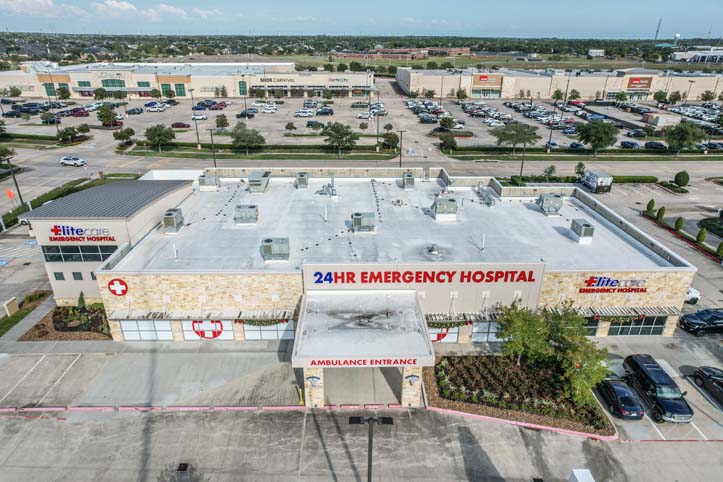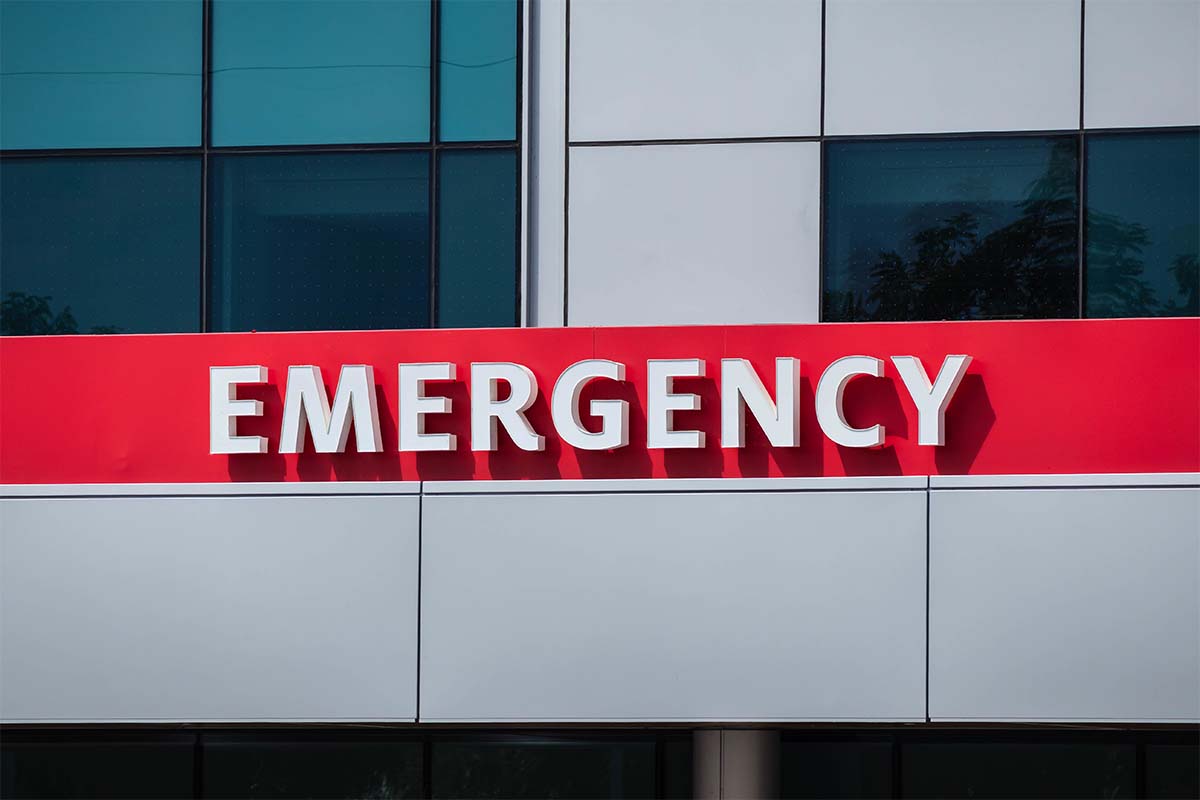
Understanding Concussion Symptoms and When to Seek Emergency Care
A concussion is a type of traumatic brain injury that can occur from a bump, blow, or jolt to the head. Even though it might not always involve a loss of consciousness, a concussion can still be serious. Recognizing the symptoms and knowing when to seek emergency care can make a significant difference in recovery and long-term health. In League City, having access to expert emergency care is key to managing concussions effectively.
When someone experiences a head injury, it’s easy to get overwhelmed or uncertain about what to do next. Immediate steps and professional assessment are crucial to ensure that the injury doesn’t lead to more severe complications. This guide will help you understand what symptoms to look for, the steps to take right after an injury, and clear signs that indicate a need to visit the emergency room.
Understanding Concussion Symptoms
Recognizing concussion symptoms early on is crucial for effective treatment and recovery. Concussion symptoms can vary widely and may not always appear immediately after the injury. Some common symptoms include headaches, dizziness, blurred vision, and confusion. In many cases, individuals may also experience nausea or vomiting, sensitivity to light and noise, or difficulty concentrating.
It is important to be aware of both physical and cognitive signs of a concussion. For instance, a person might feel dazed, forget recent events, or appear clumsy and unsteady. Emotional symptoms, such as irritability or sudden mood changes, can also be indicators of a concussion. Knowing these symptoms helps in identifying the injury quickly and seeking the right medical care to prevent further complications.
Initial Steps to Take After a Head Injury
Taking immediate steps after a head injury can significantly affect the outcome and speed of recovery. First, make sure the injured person stops all physical activities to prevent worsening the injury. Encourage them to sit or lie down in a comfortable position and avoid any sudden movements.
Next, apply a cold pack or ice wrapped in a cloth to the injured area to help reduce swelling. Keep a close eye on the person for the first 24 hours, and monitor for any worsening of symptoms. It’s crucial to avoid giving them any pain medications unless prescribed by a doctor, as some medications can hide the severity of the symptoms. If the person shows any signs of confusion, extreme drowsiness, or if the symptoms worsen, it’s essential to seek medical attention immediately to ensure proper care and concussion assessment.
Red Flags: When to Go to the ER Immediately
Certain symptoms are red flags that warrant an immediate visit to the emergency room. If the injured person loses consciousness, even for a brief moment, it’s a sign that the brain has been significantly impacted. Severe headaches that get worse over time rather than improve are also concerning. Persistent vomiting, seizures, and slurred speech are additional signs that require urgent medical attention.
Another critical symptom to watch for is any weakness or numbness in the arms or legs, which could indicate more severe brain injury. If the person has unequal pupil sizes, this could be a sign of increased pressure inside the skull. Any change in behavior, such as increased irritability or confusion, is a strong indicator that you should head to the ER immediately. In these situations, do not wait, as prompt medical assessment and treatment are essential for preventing more severe outcomes.
The Role of Professional Concussion Assessment in Recovery
Professional concussion assessment plays a crucial role in the effective management and recovery of a concussion. Medical professionals have the tools and expertise to evaluate the severity of the concussion and to provide an appropriate treatment plan. This assessment typically involves a detailed medical history, physical examination, and sometimes imaging tests like a CT scan to rule out more severe brain injuries.
Based on the concussion assessment, healthcare providers can offer specific recommendations for rest, activity restrictions, and follow-up care. They may also suggest cognitive rest, which includes limiting screen time and mental strain to help the brain heal. Following the doctor’s advice closely enhances recovery and reduces the risk of prolonged symptoms or complications. Regular follow-up appointments ensure that the recovery is on track and that any lingering symptoms are addressed promptly.
Seek Professional Concussion Assessment for Safe and Effective Recovery
Knowing when to visit the ER after a concussion can significantly impact your recovery and overall health. From understanding the symptoms and taking immediate steps after the injury to recognizing red flags and seeking professional assessment, each action is vital. These steps are essential in ensuring that injuries are properly managed and long-term complications are minimized.
At Elitecare in League City, we are committed to providing the best care for concussion assessment and treatment. Our skilled medical staff is available around the clock to ensure that you or your loved ones receive timely and effective care. Don’t take any chances with head injuries—visit our emergency care facility at Elitecare for expert concussion assessment and support.
















